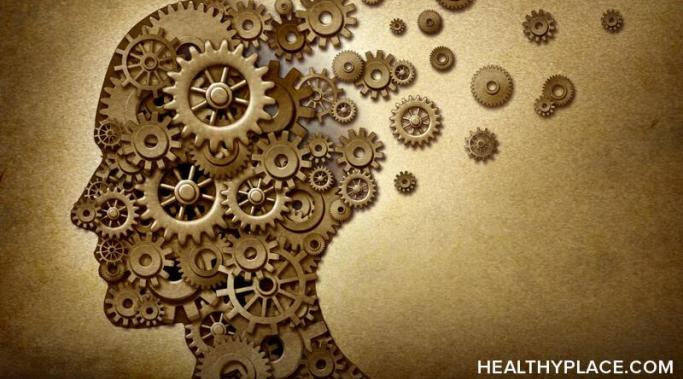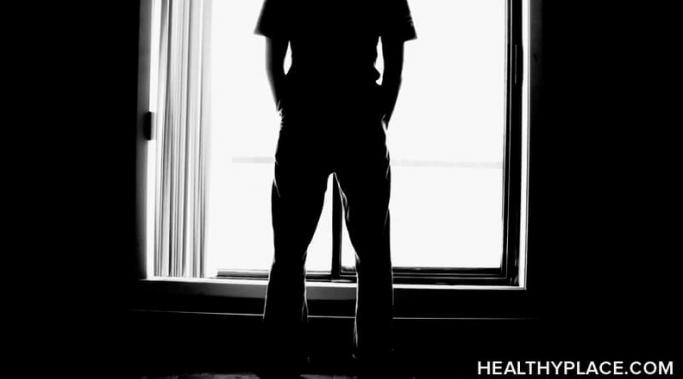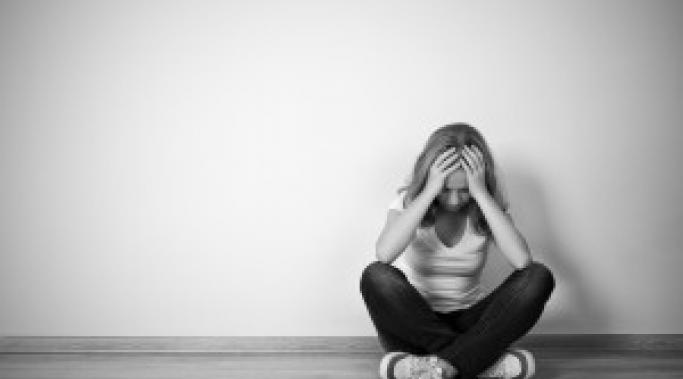Mental illness in youth can be triggered by many life events and it's not always easy to spot. After all, when you're a child, you're constantly discovering new emotions. But where do we draw the line? When do we decide that it's a little more than just the common emotions of growing up? The quicker we see mental illness in youth, the better.
Mental Health Symptoms
One of the hardest symptoms of bipolar disorder is racing thoughts. These racing thoughts can lead to flashbacks of things you've tried to forget. When I'm manic, I'm left with little-to-no sleep because I just can't seem to shut my mind off. I'm left reliving every bad thing that has happened to me and I begin to obsess about everything that could happen to me. Bipolar's racing thoughts are hard to deal with.
Last week, Linkin Park front man Chester Bennington died by suicide, just a little over a month after depression killed Chris Cornell. In the wake of a celebrity’s suicide, people often say things like, “It just goes to show that money and fame will never make you happy,” and, “I wonder what drove them to it.” The answer is simple: depression killed Chester Bennington.
The stress of premenstrual syndrome (PMS) and the impact on women's mental health is a topic that applies to women who fear this time of the month due to extreme emotional behavior and discomfort (Hormones and Women's Mental Health). A mental disorder, such as my diagnosis of bipolar, consists of high ups and low downs -- a disorder filled with extremes. The combination of PMS and a mood disorder is riskier than PMS without a mental disorder. Recently, I have noticed as I near menstruation, depressive thoughts and emotions intensify to an extent that concerns me. To add to the apprehension of this monthly upheaval, there are serious disorders related to PMS that have major impacts on women's mental health.
The impact of social media on mental health is a topic that the digital generation needs to start discussing. Lets be honest. The images we portray on social media do not consistently represent our authentic selves. Images allow young adults to conceal feelings of despair and depression (The Darker Side of Social Media Affecting Young People). In these moments, or when dealing with a mental disorder, people portray the person that is most appealing to those around them. It is an opportunity to hide from negative emotions behind a screen. The impact of social media on mental health is more relevant than people realize. In many situations, and for some users, social media is used as a barrier in concealing our insecurities and negative emotions.
At one time or another, most of us have been through hard times that wear us down immensely, but how do you know if you have depression? People use the word depression often. They believe depressed people are sad for a particular reason. However this is not the case. So, if that isn't depression, then how do you know if you have depression? What is depression?





